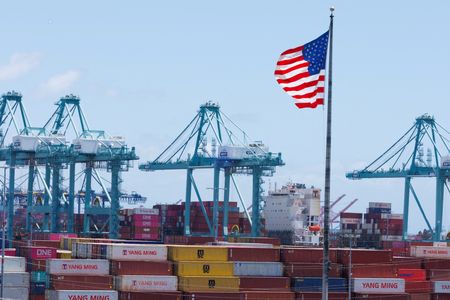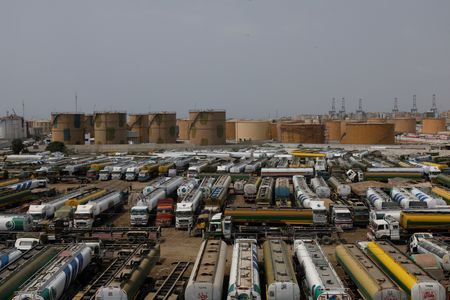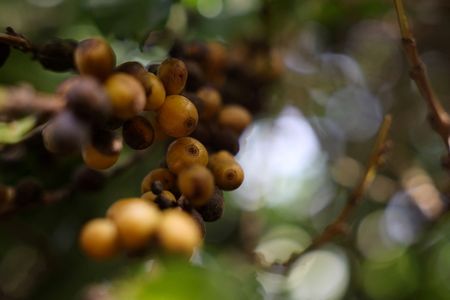By Panarat Thepgumpanat
BANGKOK (Reuters) – Dozens of Thai firms grappling with $60 million losses from China’s ban on sugar syrup have stopped production, an industry body said, following unsuccessful negotiation attempts by the Southeast Asian nation to lift the restrictions.
China suspended imports of syrup and premixed powder from Thailand, the world’s second-largest sugar exporter, in December due to concerns about factory hygiene.
In January, Thai officials said China asked Thailand to inspect dozens of syrup and premixed powder factories before commencing talks to lift the ban.
“Of 42 factories, 35 have temporarily stopped 100% of production because they only export to China. They can’t do anything,” said Todsaporn Ruangpattananont of the Thai Sugar Product Association, which represents 42 sugar mills that primarily supply to China.
“If the issue is not resolved, they most will likely shut down in the long term as they can’t sustain losses,” he told Reuters.
Thailand was China’s main supplier of liquid sugar last year, with shipments of more than 1.2 million metric tons.
Since the suspension, Thai factories have taken a hit of more than 2 billion baht ($60.35 million), including transport costs, fines at Chinese ports and reduced selling prices of returned shipments, according to a previous estimate by Todsaporn.
Last month, China requested inspections of more factories after Thailand sent it a list of around 30 facilities licenced by its Food and Drug Administration in January, two Thai officials told Reuters.
Thailand has inspected all 50 or so factories and they conformed to manufacturing practices standards, said the officials, who sought anonymity because they are not authorised to talk to the media.
Thailand’s National Bureau of Agricultural Commodity and Food Standards, the main agency handling the matter, did not respond to emailed questions.
Asia United Foods Industrial Co had shipped over 5,000 tonnes of syrup and premixed powder worth 100 million baht every month to China over the past three years, said its president Marisa Pongwisaitat.
The company, based in Samut Prakan province near the capital Bangkok, is now facing challenges in maintaining worker payments, with production down to only 10% of previous levels, and managing 50 containers of unsold stock.
“It’s very difficult for us,” Marisa said. “If China doesn’t let us sell, we have to ask the government how they can help with our stock”.
($1 = 33.14 baht)
(Reporting by Panarat Thepgumpanat; Writing by Orathai Sriring; Editing by Devjyot Ghoshal and Saad Sayeed)









